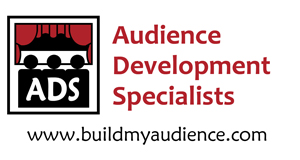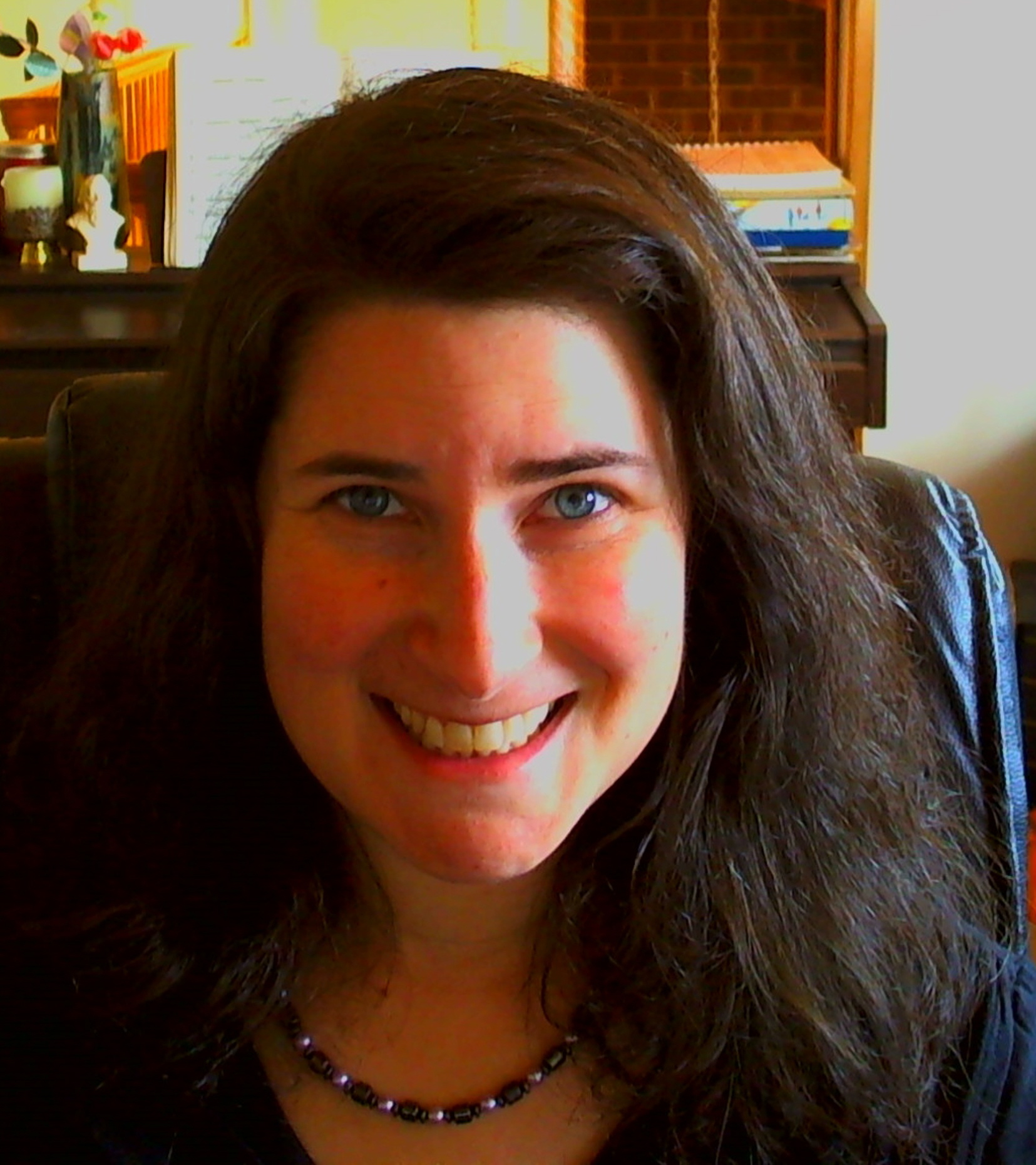Happy Monday! This will need to be a quick one due to a great deal of audience development work needing to be done today.
Last week I was asked to look over a client’s set of donation ask letters for their annual fund drive. One letter was for individual support and one was for corporate support.
The individual letter was going to existing and potential supporters, yet the message was “thank you for your past support.” Do you think the fact that they didn’t segment out the existing and potential donors may confuse some people? Also, the letter was very typical in the formula: thank you for past support, here’s what is new, why funds are needed, it’s easy to donate with the envelope provided, thank you and we will see you this season, etc., etc. Sounds like all of the donation letters I have ever received. Is this typical formula working anymore? Do you think your ask letter will stand out among all the other formula ask letters?
The first thing I suggested was to at least address both audiences that this letter is going to. There was a capacity issue, staff time and money, so the best case scenario of two different letters could not be accomplished. Thank your past supporters, but also acknowledge your potential donors.
The second thing I suggested was that the letter needed personality. The Music Director was in charge of writing this letter, a very charming individual, but his personality was absent in this letter. I think adding some of his charm is going to make the letter stand out a bit more and make it more personal.
Now, let’s switch gears and talk about the corporate letter. This letter was a donation ask to 2,000 companies on our Chamber of Commerce list. I asked if he knew these people, and he said “no.” So, do cold ask form letters work? Mostly they do not. It is a drop in the bucket for how many times you need to attempt to get their attention (normally around 9) doing it the old marketing way. Also, the letter lacked focus. I wasn’t sure if they were asking them to donate, become Season Pass subscribers, group ticket purchasers, sponsors? Turns out they wanted to make sure the corporate audience knew that there were many ways to support. So I suggested a more bullet pointed message of “There are many ways to become a supporter” – and list the ways. Corporate individuals are super busy and will not have time to read between the lines. They need to have the information filtered and bulleted to make it easy to digest in their few minutes allotted towards reading their mail. Otherwise, the letter is a big waste of money since it will either sit in a pile marked “read later” and perhaps never to be found again or just tossed in the recycling bin due to time crunches.
I must say for the record that I’m no longer a fan of these cold call letters. I feel it is a big waste of money. What I suggested is to at least put a line in the letter about following up with an email or phone call to further discuss the opportunities. The best way to ultimately gain corporate support is still the old fashioned way. If capacity issues are a problem, since following up with 2,000 companies may be impossible, I would hand select 3-10 companies that are the best fit and start building a relationship with them. Get to know them as people. Give them a few freebies to attend. Then, once you are on more friendly terms and know what they would want out of the relationship, ask for their support. Meet with them about the opportunities in person.
Think about it. Are you more likely to get a donation from a cold letter or from a friend?
All in all, I would like to see the typical donation form letters take a hike and instead be replaced with audience development, relationship building practices. I remember reading about a company that was in trouble and instead of sending out a donation form letter to the thousands of people in their database, they approached the 29 people that they had built a particularly good relationship with. In this emergency situation, their entire season was funded by these 29 people! Now that is the power of people and the use of people power!
Audience development makes sense and cents.
Until next time, may your audiences be happy and loyal ones, and if they are not, feel free to contact me!
~Shoshana~
Shoshana Fanizza is the founder of Audience Development Specialists. Her mission is to introduce artists and arts organizations to their existing and potential audiences and to help them to form more rewarding relationships.
https://www.buildmyaudience.com
Audience Development Specialists’ Facebook Page! for up-to-date news and information about audience development!




